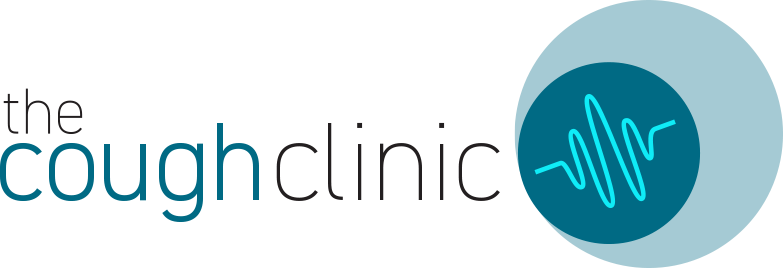Post-COVID chronic cough
Are you still coughing after COVID? A lingering post-COVID cough for weeks or months is not that uncommon but can respond well to treatment. Post-COVID chronic cough frequently impacts capacity to work, social interaction and well-being, with the additional burden of accompanying manifestations seen in long-COVID, such as fatigue, shortness of breath and pain. Numbers vary greatly between studies but a pooled analysis of the prevalence of persistent, post-COVID cough has been estimated at 18% (1). As the longer-term course of post-COVID cough is still being determined, features of laryngeal hypersensitivity and dysfunction are emerging (2), suggesting earlier behavioural intervention may be valuable.
Why won’t the cough go?
Whilst our medical understanding of both the acute and chronic mechanisms of COVID-19 is constantly evolving (along with the virus itself), several theories have been proposed that help explain a persistent cough, many of which involve inflammation1, including: viral invasion of sensory nerves and/or neuroinflammatory responses that lead to peripheral and central sensitisation; post-nasal drip that can irritate the throat; residual mucus production or tissue swelling in the lungs; and medical complication such as lung tissue scarring or asthma/bronchitis exacerbation.
Treatment Challenges
As in the broader chronic cough population, post-COVID cough may be severe, persistent and stubborn against pharmacological options such as steroid inhalers, antihistamines, neuromodulators and Leukotriene receptor antagonists. Lung function tests, chest imaging or cardiac testing can also fail to explain ongoing cough and shortness of breath. There is no consensus yet on long-COVID cough management, however we suggest the current clinical practice guidelines for chronic cough and inducible laryngeal obstruction should be followed with an individualised approach. The impact of chronic cough on patients, post-COVID or otherwise, is substantial, particularly in psychosocial aspects such as stigmatisation and social isolation, and which may persist longer than physical symptoms. As uncertainty appears to trigger a long-COVID vicious cycle (2), earlier intervention to control cough may help to reduce these longer-term consequences. Successful attenuation of cough has known benefits to mental health, social participation and reducing fatigue3, and efforts to alleviate these symptoms are pertinent in the long-COVID setting.
Cough Therapy
Following appropriate checks, behavioural therapy can promote recovery through a range of measures tailored to the specific nature of cough and middle airway dysfunction, either as an adjunct to medical treatment or as an alternative for those that have exhausted medical treatment. Measures such as vocal tract hygiene, controlled/rescue breathing techniques, cough suppression strategies and desensitisation principles can all help to reduce triggering, inflammation and ‘reset’ cough reflex thresholds and laryngeal function. Our patients are also routinely screened for red flags for early ENT endoscopy in our rooms.
1 Confronting COVID-19-associated cough and the post-COVID syndrome: role of viral neurotropism, neuroinflammation, and neuroimmune responses. Lancet Respir Med. 2021 May; 9(5): 533–544.Woo-Jung Song, MD,a Christopher K M Hui, MD,b James H Hull, PhD,c Surinder S Birring, Prof, MD,d Lorcan McGarvey, Prof,e Stuart B Mazzone, Prof, PhD,f and Kian Fan Chung, Prof, DScc,g
2 Long-COVID severe refractory cough: discussion of a case with 6-week longitudinal cough characterization. Asia Pac Allergy. 2022 Apr; 12(2): e19. Yu Ri Kang,1 Ji-Yoon Oh,1 Ji-Hyang Lee,1 Peter M. Small,2 Kian Fan Chung,3 and Woo-Jung Song1
3 Vertigan A, Theodoros D, Gibson PG, Winkworth A. Efficacy of speech pathology management for chronic cough: a randomised placebo-controlled trial of treatment efficacy. Thorax. 2006;61(12):1065-9

